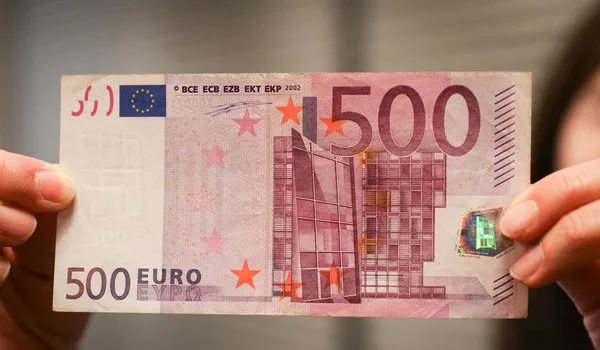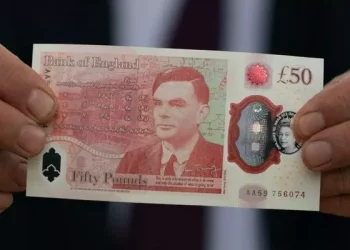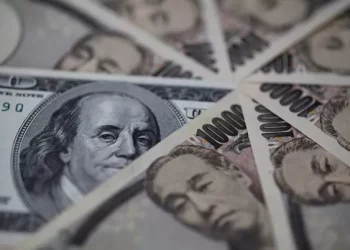The global economy is a dynamic system influenced by various factors, and one of the critical indicators of international trade and finance is the exchange rate. Investors, businesses, and individuals closely monitor exchange rates to make informed decisions. In this article, we will delve into the current EUR exchange rate and its implications for the Indian economy, specifically focusing on the euro in rupees India.
Understanding the Current Exchange Rate
The current exchange rate between the Euro (EUR) and the Indian Rupee (INR) is a pivotal aspect of the financial landscape. As of the latest data available, the exchange rate stands at 90.67, reflecting the value of one Euro in Indian Rupees. This rate is subject to fluctuations due to various economic factors, making it essential to stay informed about the ongoing changes.
Factors Influencing the Euro in Rupees India Exchange Rate
Several factors contribute to the fluctuation of the Euro to Rupees exchange rate in India. Economic indicators, geopolitical events, and market sentiment play crucial roles in determining the value of the Euro against the Indian Rupee. Analyzing these factors can provide insights into the current state of the exchange rate and potential future trends.
Current Exchange Rate Analysis
Economic Indicators: The performance of both the Eurozone and the Indian economy significantly influences the exchange rate. Factors such as GDP growth, inflation rates, and employment figures in these regions impact investor confidence, affecting the Euro in Rupees India exchange rate.
Interest Rates: Central bank policies, including interest rate decisions, have a direct impact on currency values. If the European Central Bank (ECB) adjusts interest rates, it can lead to changes in the Euro’s value against the Indian Rupee.
Political Stability: Political stability in the Eurozone and India is a critical factor influencing investor confidence. Political events, elections, and policy changes can create uncertainty, impacting the Euro in Rupees India exchange rate.
Trade Balances: The balance of trade between the Eurozone and India affects the exchange rate. Trade surpluses or deficits can lead to changes in demand for currencies, influencing their respective values.
Global Events and Market Sentiment: Global events, such as economic crises or geopolitical tensions, can trigger market volatility. Investor sentiment, reflected in market movements, can impact the Euro in Rupees India exchange rate.
See Also:Current EUR Exchange Rate: How Much Is 1000 Euros in Pounds
Inflation Rates: Variances in inflation rates between the Eurozone and India can affect the purchasing power of currencies. Central banks may adjust policies to control inflation, impacting the exchange rate.
Foreign Direct Investment (FDI): FDI inflows and outflows can influence the exchange rate by impacting currency demand. Positive FDI trends can strengthen the Euro against the Indian Rupee.
Speculation and Forex Market Activity: The forex market is driven by speculation and trading activity. Traders’ perceptions of future economic conditions can lead to short-term fluctuations in the Euro in Rupees India exchange rate.
Bilateral Relations: The diplomatic and economic relations between the Eurozone and India can influence trade and investment, impacting the exchange rate. Positive relations may lead to increased economic activities, affecting currency values.
COVID-19 Pandemic Impact: The ongoing global pandemic has created unprecedented challenges for economies worldwide. Understanding how the Euro in Rupees India exchange rate has been affected by the pandemic is crucial for a comprehensive analysis.
Conclusion
In conclusion, the current EUR exchange rate and its impact on the Indian economy, particularly the Euro in Rupees India exchange rate, are subject to a multitude of factors. Investors, businesses, and policymakers must remain vigilant in monitoring these variables to make informed decisions. As the global economic landscape continues to evolve, staying abreast of current events and economic indicators is crucial for navigating the complexities of the foreign exchange market.
Related Topics:
Determining the Optimal Times to Exchange Euros for Dollars
Understanding the Euro’s Loss of Value and its Implications
Why Switzerland Scrapped the Euro
























